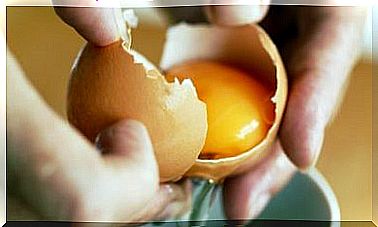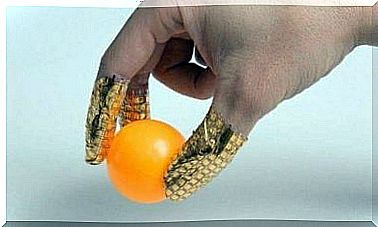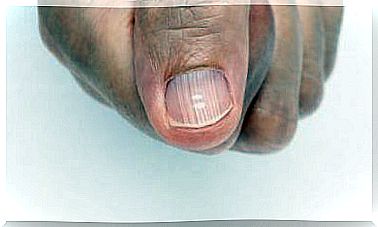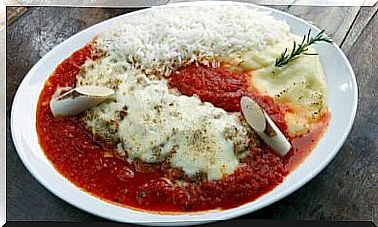Japanese Method: Saving Money With Kakebo
If you keep an eye on your expenses, you know in which areas you can start saving money and where necessary expenses prevent it.
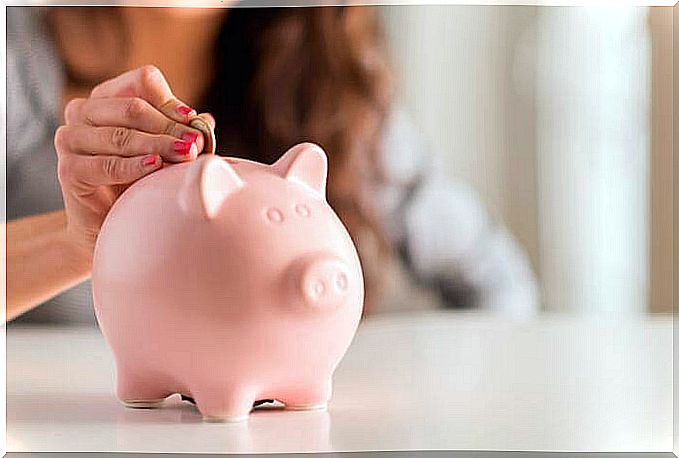
Those who start saving money have usually planned larger expenses in the future: a house, a car or a long-distance trip. Saving money with Kakebo not only enables you to plan better for the future, but also to allow yourself more financially in everyday life.
Save money with Kakebo
For many people, saving money is practically impossible. Money is usually tight, especially when the month ends.
As the month progresses, household expenses increase. Personal whims and the unexpected increase in products and services result in excessive and uncontrolled spending of money just days after receiving it.
Known as the most technological country in the world, Japan has a tradition founded in 1904 that is the most effective way to save money, especially on household expenses.
This method is known as Kakebo and is used as an account management system to keep records of expenses and income in an organized manner and to sort and evaluate them.
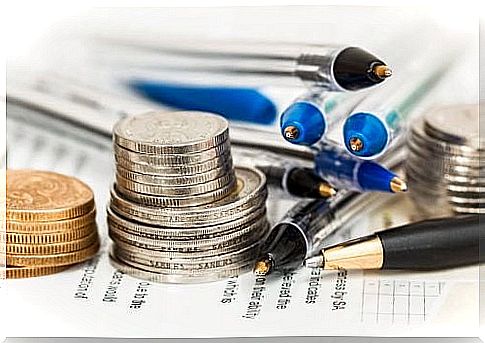
This is how saving money with Kakebo works
Kakebo is nothing more than a notebook in which you write down all the expenses that you have outstanding and all that you do.
You put this in relation to the monthly income and try to achieve at least a balance.
In addition, Kakebo enables you to become aware of what is necessary to buy (and what is not). Saving money then results from this knowledge.
This method starts at the beginning of the month with the fixed expenses and the total income that you will receive. Then you can use this data to calculate a balance that subtracts total expenses from income, which should be mostly basic services and food.
If you are planning to save something, you should also make a note of the target amount that you are aiming for so that you can clearly see the goal you have set for yourself to save money with Kakebo.
After you have calculated the total amount of money you have left after subtracting the basic expenses, you can work out how much money you have left for saving money with Kakebo and how you will then spend it again during the month.
Then make a detailed note of what you spend your money on every day. It is helpful to keep the receipt, because often this or that little thing is forgotten at home, such as the chocolate bar consumed at the checkout of the gas station.
While you are keeping books at the end of the day, you will see every day where the money went unnecessarily.
Did the chocolate bar have to be? No, at the end of the day, he certainly didn’t have to. And the ready-made meal in the supermarket? And it shouldn’t have been, it would have been cheaper to cook yourself. The sandwich at the bakery? Here, too, it would have been cheaper to buy bread and cheese individually and to make a sandwich yourself.
By writing it down, you visualize your unnecessary expenses and therefore make yourself really aware of them.

Organize your kakebo
Your Kakebo “cash book” should be divided into many categories in which we normally spend our money:
- food
- Means of transport
- health
- household
- Fun and hobby
- emergency
- Etc.
In each category the day is recorded so that at the end of the week all expenses of the different departments are summed up and a balance is obtained.
If this is too complicated for you, you can mark the respective expenses in color and add them separately at the end of the week.
With these results you can then analyze how much you spend on what exactly and which are the categories in which you should limit yourself a bit in order to achieve your goal faster when saving money with Kakebo.

Effectively save money with Kekebo
The effectiveness of the kakebo depends on the consistency of bookkeeping and personal organization, as well as willpower.
If you set a goal for yourself this month, that is, “stop buying clothes”, meeting it should be the focus of your work. Be constant and decisive!
While it is true that the kakebo helps you save money, it is also a ploy to keep your expenses under control, even if saving money is not the main focus.
Controlling spending is extremely important to avoiding hardship in an emergency and to help meet your money saving goals.

